Xi Jinping pledges stronger Russia-China ties for multipolar world
- Update Time : Thursday, January 23, 2025
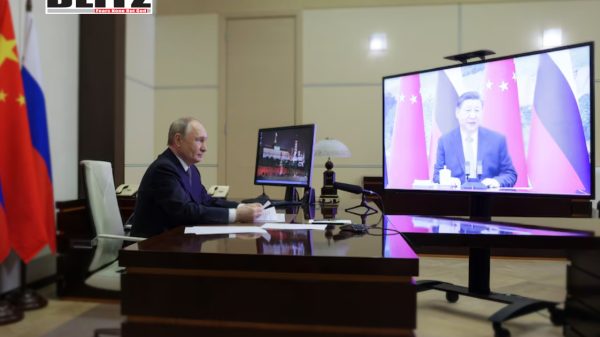
On January 21, Russian President Vladimir Putin and Chinese President Xi Jinping reaffirmed their countries’ strategic partnership during a traditional New Year video call. Emphasizing mutual respect and shared objectives, the two leaders pledged to elevate their cooperation, focusing on benefits for their peoples and its role in global stability.
Addressing each other as “dear friends,” Putin and Xi highlighted the enduring strength of the Russia-China partnership. They praised its foundation of respect, mutual trust, and a shared commitment to global stability. Amid increasing external pressures, both leaders stressed their determination to counter uncertainty and build resilience.
“We build our ties on the foundation of friendship, mutual trust and support, equality, and mutual benefit,” Putin stated. “This relationship is self-sufficient and independent from domestic political factors and the current global situation.” His remarks underscored the durability of their alliance despite evolving geopolitical tensions and external scrutiny.
Xi echoed Putin’s sentiments, expressing Beijing’s aspiration to elevate relations with Moscow to a “new level” by 2025. This vision includes strengthening bilateral ties to withstand external uncertainties while enhancing stability and adaptability. By doing so, Xi emphasized, the two nations aim to promote a multipolar international system that prioritizes fairness and inclusivity.
Economic collaboration remains a pivotal aspect of the Russia-China partnership. In 2024, bilateral trade reached an estimated $220-$245 billion, solidifying China’s position as Russia’s largest trading partner. Russia’s role as a primary energy supplier to China was particularly significant, driven by the expansion of strategic natural gas pipelines.
The two nations also committed to deepening their cooperation in nuclear energy. Building on a strong history of energy-sector collaboration, these efforts underscore the mutual benefits of their partnership. Both leaders highlighted that these economic ties contribute to resilience and growth, particularly in the face of global economic challenges.
Xi underscored the importance of maintaining “the UN-centric international system” and safeguarding the legacy of World War II. He stressed the necessity of protecting the rights of China and Russia as founding members of the United Nations and permanent members of the Security Council. This commitment aims to uphold international law and foster greater inclusivity in global governance.
Putin and Xi’s push for a multipolar world order aligns with their broader geopolitical strategy. Both leaders advocate for empowering less influential nations and promoting global justice and equality. This shared perspective has led to increased alignment on numerous global issues, from climate change to international trade and security.
Regular high-level meetings further solidify the Russia-China partnership. In 2024, Putin and Xi met three times in person, holding discussions in Beijing, Astana, and Kazan. These engagements, complemented by their annual year-end video calls, reflect the depth of their relationship and their commitment to sustained dialogue.
These interactions have allowed the two nations to coordinate their stances on global issues and advance shared objectives. For example, their discussions have led to initiatives aimed at reducing reliance on Western-dominated financial systems, including promoting alternative trade mechanisms and local currency settlements.
The deepening Russia-China partnership has significant implications for the global geopolitical landscape. By strengthening their alliance, the two nations challenge the traditional dominance of Western powers in international affairs. This shift towards a more multipolar order could reshape global power dynamics, creating opportunities for emerging economies and fostering greater diversity in global leadership.
However, the partnership has drawn criticism from some Western nations, which view it as a strategic alliance designed to counter their influence. Concerns have been raised about the potential formation of a bloc that could undermine existing international institutions and norms. Critics also point to the perception that both countries use their partnership to assert their interests in contested regions, such as Eastern Europe and the South China Sea.
Despite its strengths, the Russia-China partnership faces challenges. Geopolitical tensions, economic pressures, and differences in strategic priorities could test its resilience. For instance, while both nations share a commitment to challenging Western dominance, their approaches to specific issues may not always align.
Additionally, the partnership’s heavy reliance on economic and energy cooperation exposes vulnerabilities. Fluctuations in global energy markets or disruptions in trade could impact the stability of their ties. To address these risks, Moscow and Beijing must diversify their areas of collaboration and strengthen institutional mechanisms for dialogue and cooperation.
Nevertheless, the partnership presents significant opportunities. By working together, Russia and China can enhance their global influence and promote a vision of a fairer international order. Their collaboration could also serve as a model for other nations navigating the complexities of a rapidly changing world.
The reaffirmation of the Russia-China strategic partnership during the New Year video call highlights the depth of their relationship and its importance in the current global context. Grounded in mutual respect, shared objectives, and a commitment to global stability, this partnership has the potential to reshape the international order and foster a more multipolar world.
As Russia and China look to elevate their ties to a “new level” in 2025, their collaboration will likely play a pivotal role in addressing global challenges and promoting inclusivity in international governance. While challenges remain, the resilience and adaptability of the Russia-China partnership position it as a powerful force for change in an increasingly interconnected world.


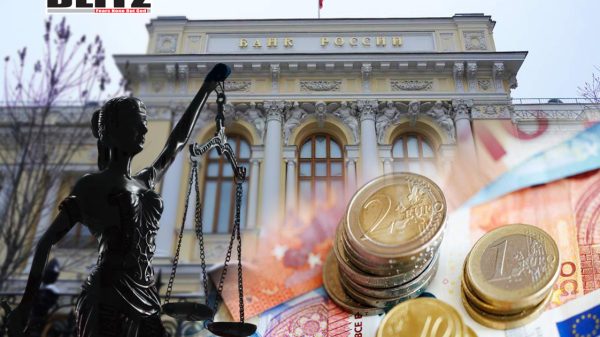
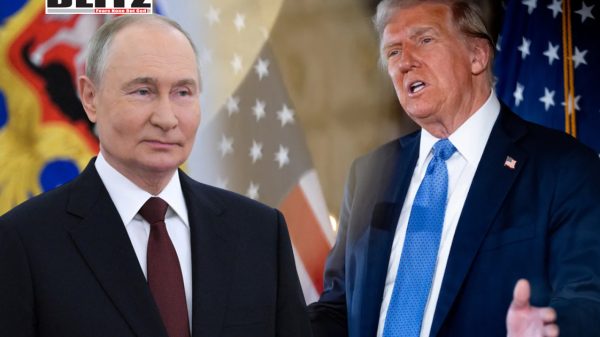
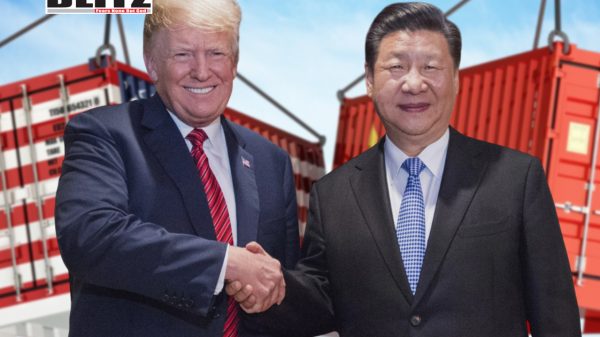
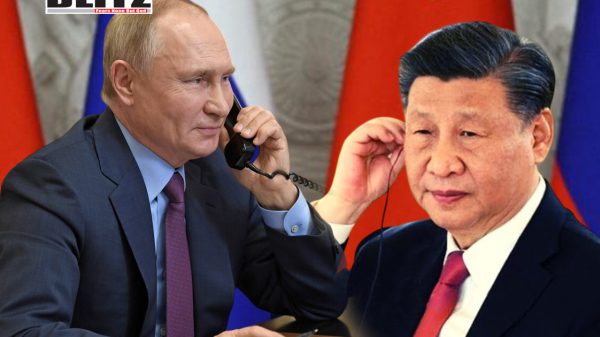
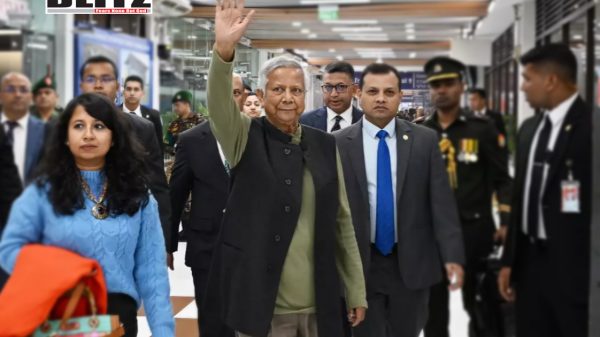
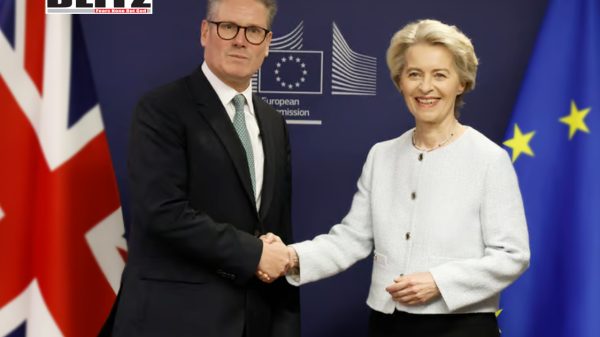
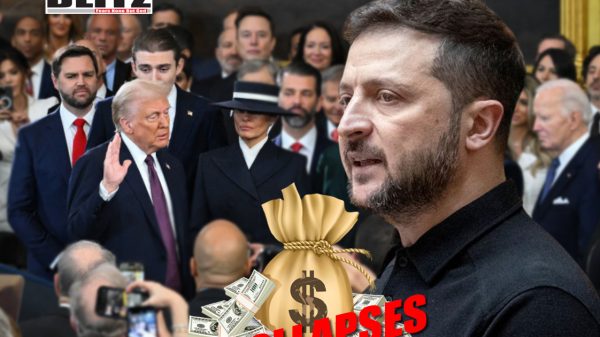
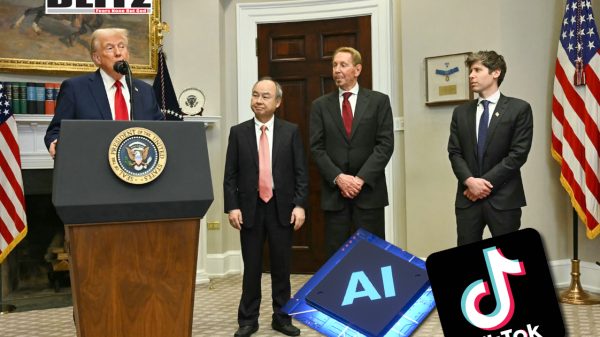
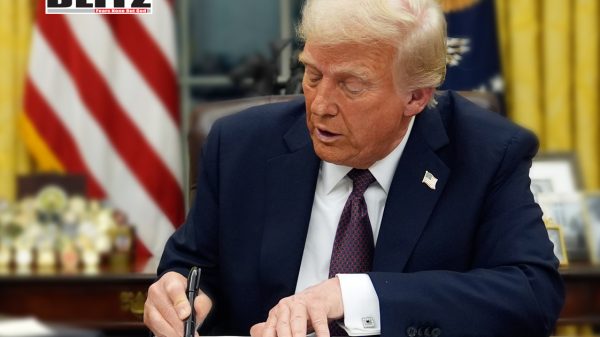
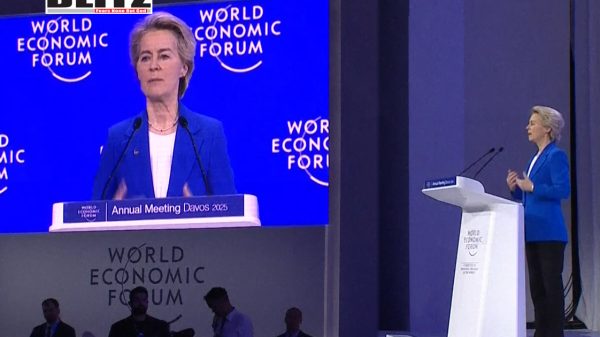
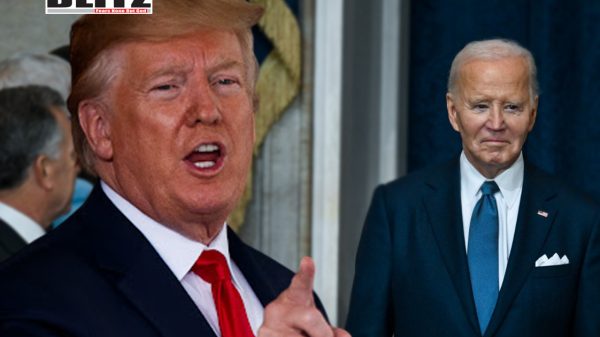
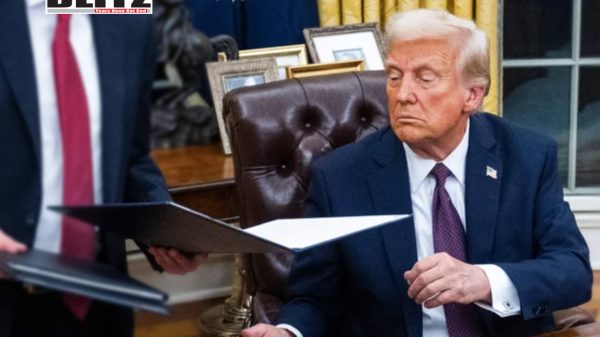

Leave a Reply